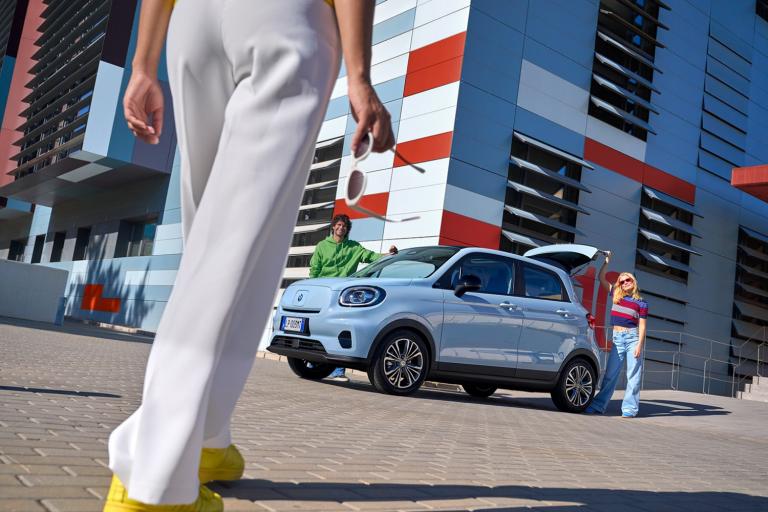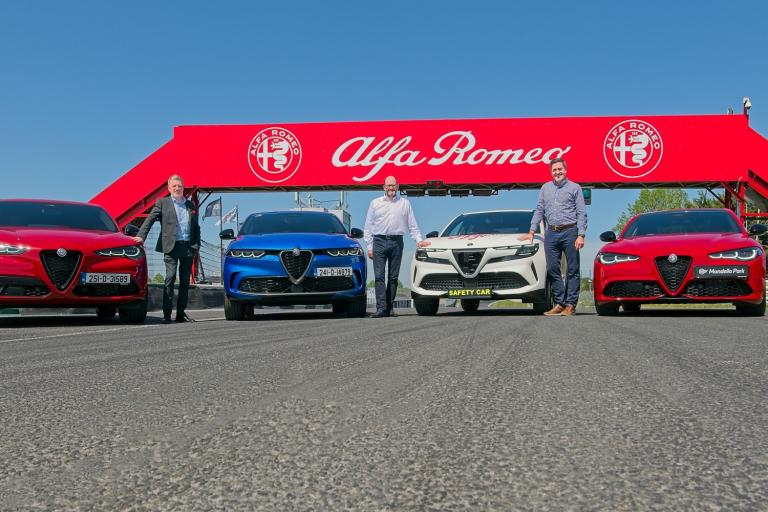Rising interest rates and what they mean for you if you’re thinking of buying a car
Published on 30 November, 2022
Overview
Surging interest rate rises are hitting PCP and car-finance costs for many buyers and sellers. According to an Independent Motors’ snap survey of distributors, the majority of PCP rates have gone up, are increasing, or are expected to rise in the new year.
But while that may spell more money on financing, increased equity in trade-ins may offset a large cost-of-change bill.
Some marques, in conjunction with their lending institutions, are absorbing the increases, for now, while they monitor the situation.
Obviously it is a sensitive business area for distributors, so many are adopting a wait-and-see position*.
Mazda was quite forthright in its response. It said rates have “certainly” gone up. “We are currently running everything at 6.9pc APR other than the Homura grades Mazda3 and CX-30 which are 5.9pc. The last campaign was 4.9pc on all models and 3.9pc on the Homura grades.”
Mazda’s spokesman added: “Even though we have increased our rates, to keep it at these new higher rates is still costing us significantly more than the previous campaign. We would hope that they won’t rise any more than this in the new year.”
That contrasts with what Peugeot says: it dropped its PCP rate from 4.9pc to 3.9pc across the range for January 2023 for Q1. HP stays at 4.9pc – no increase.
More powerful and faster – Audi rolls out two exciting upgraded models
Ford goes upmarket with its powerful new Platinum Ranger pick-up
Ariya EV crossover leads the way in Nissan four-car drive
With DS Automobiles, 2.9pc PCP is available across the lineup currently (for January registrations).
Citroen says PCP rates increased from 1.9pc to 2.9pc this year. It doesn’t foresee any increases in the new year, though it is monitoring current interest rates.
Lexus says the base-rate increase is still to be decided but PCP and finance costs will increase next year. It is hard to say by how much, as much depends on deposit amount, etc, it says.
Volvo expects to see an increase in the base rate across models for the upcoming year.
Hyundai says that in co-operation with Bank of Ireland it has not increased rates since the middle of the year. But: “In the next year it will be inevitable rates will increase and we will be watching the situation closely.”
Opel says it is monitoring the situation but that the manufacturer will bear the cost of rises for now at least.
Ford says that for the moment, customers who are ordering vehicles under the company’s PCP offering, are able to do so on the existing interest rates for such deals. “We intend to leave current interest rates for PCP deals in place to the end of Quarter 1.’’
Toyota says some models have increases of upwards of 1pc on PCP while others remain stable with offers from 3.9pc.
Overall, despite the potential of interest rate increases, all is not so gloomy.
There can be a saving factor in many instances – and that is due to the buoyant current used-car market.
Because used-car prices are so high due to scarcity, their value can mean there is increased equity in your current vehicle that may be considerably higher than the guaranteed minimum value allotted at the outset of the PCP contract.
That could reduce the amount needed to pay for the new car because the sum being borrowed will be less.
That is provided the particular new-car price hasn’t soared in tandem.
*Apologies to those not included due to the pressures of deadline.
More powerful and faster – Audi rolls out two exciting upgraded models
Ford goes upmarket with its powerful new Platinum Ranger pick-up
Ariya EV crossover leads the way in Nissan four-car drive
Latest Reviews

Leapmotor to Launch in Ireland This September Under Gowan Auto

Alfa Romeo Sponsors Mondello Park Bridge

Fiat Reveals Grande Panda 4x4 Concept